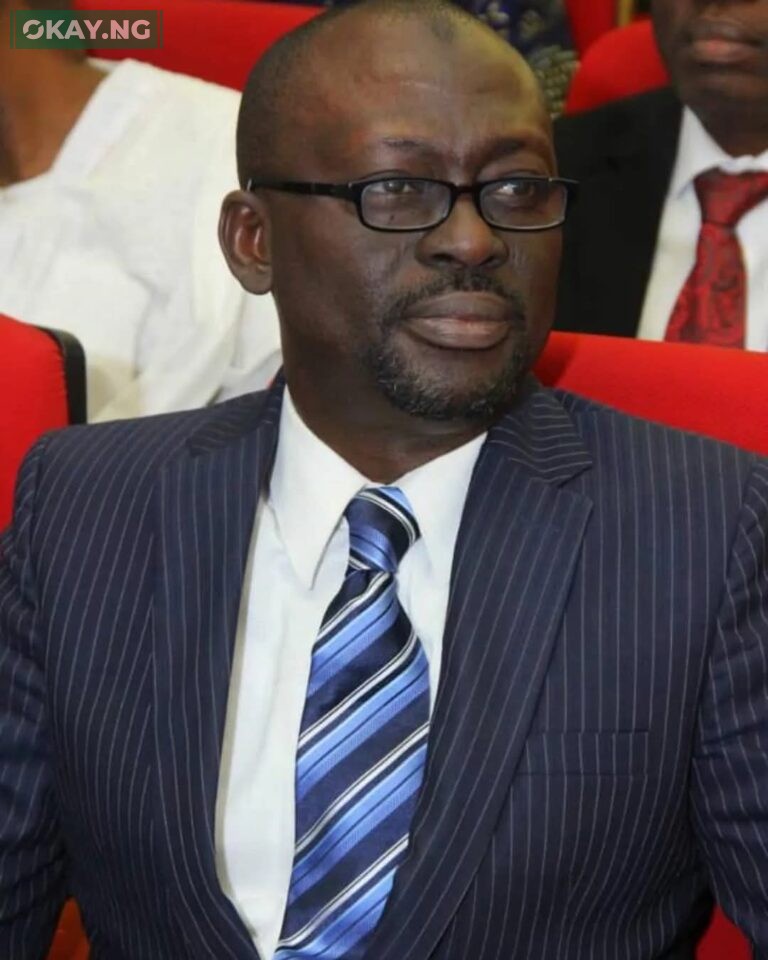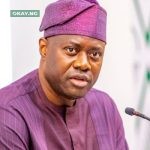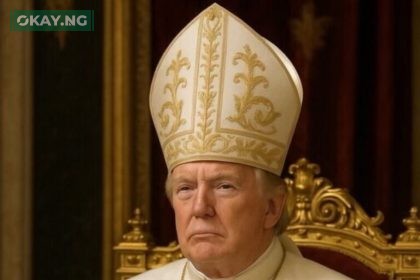The Rector of Moshood Abiola Polytechnic (MAPOLY), Abeokuta, Dr. Babatunde Jolaoso, has made a compelling appeal to the institution’s alumni association to forge transformational partnerships and adopt strategic interventions aimed at rebranding the 46-year-old polytechnic.
This call was made during his keynote address at a one-day training program organized by the Lagos Chapter of the MAPOLY Alumni Association for its executives.
In a statement released on Sunday by the Polytechnic’s Public Relations Officer, Yemi Ajibola, Jolaoso underscored the critical role alumni play in institutional strength, noting, “The strength of an institution is not just in its buildings but in the bond of its graduates and as such the intentional efforts to build strong connections within the alumni community are critical.”
He emphasized that the theme of the meeting aligned perfectly with the polytechnic’s need to unite with purpose, support one another, and uplift both the institution and the wider community. To deepen alumni engagement, Jolaoso proposed initiatives such as reunions, mentorship programs, professional networking events, and collaborative projects, all designed to create meaningful links between former students, the institution, and current learners.
Highlighting the power of shared backgrounds, he said, “Shared backgrounds offer powerful platforms for collaboration; whether through career support, entrepreneurial ventures, or personal development, we can leverage our MAPOLY identity to open doors for one another.” He cited examples of alumni-driven impacts, including internships and business partnerships among old classmates, as evidence of the benefits of alumni synergy.
Jolaoso also praised voluntary contributions from alumni, stressing that engagement thrives when efforts come from the heart. He highlighted the recent donation of a ₦150 million building, the “Legacy House,” by the Marketing Department Alumni as a testament to such commitment.
He closed by reaffirming his unwavering support for the MAPOLY Alumni community, asserting that the true strength of any academic institution lies not only in its physical infrastructure but in the lifelong bonds and collective impact it nurtures.










